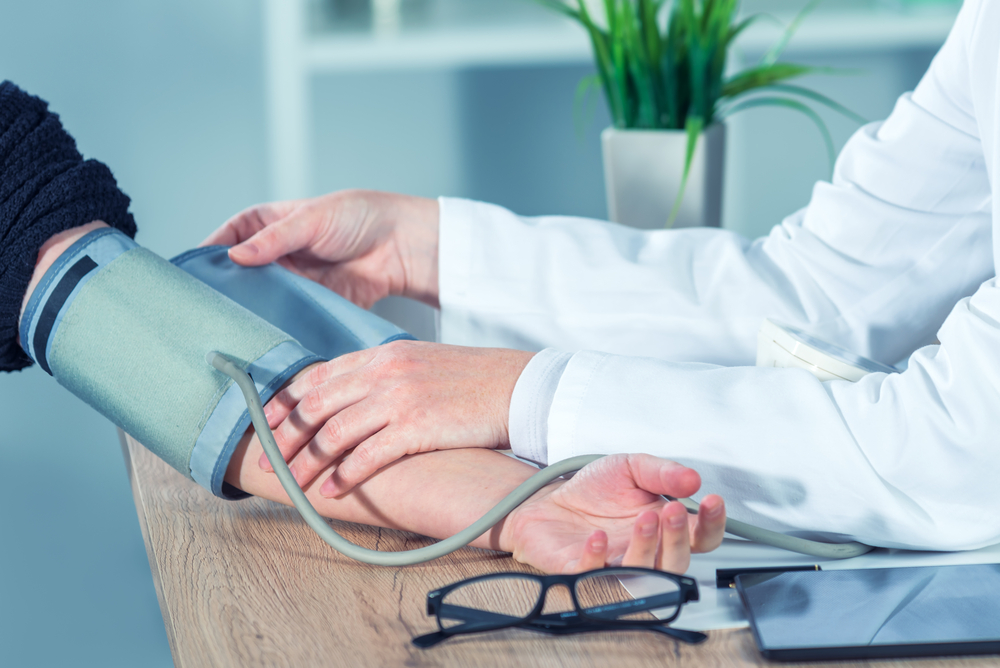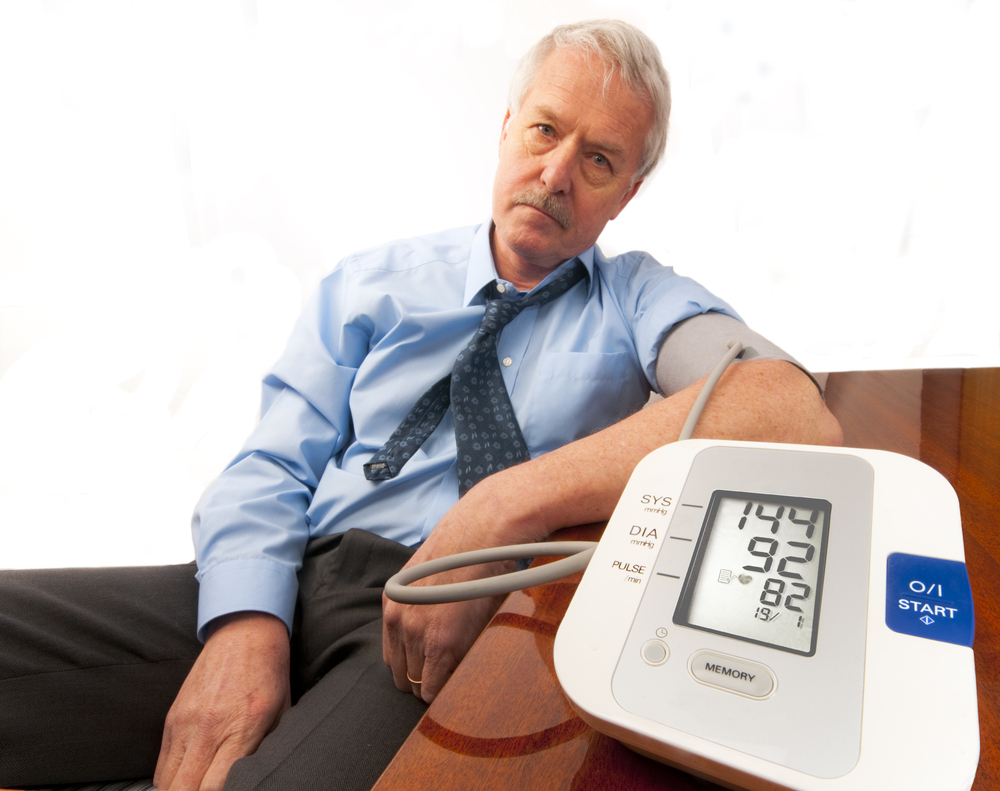Hypertension or high blood pressure is a medical condition in which blood pressure in the arteries remains elevated in the long term. It is a complicated condition causing damage to the blood vessels, kidneys, eyes, heart, and other organs. People are advised to take effective high blood pressure treatment and persistent check-ups if any of its symptoms appear.
Understand blood pressure:
Blood pressure is denoted as a force exerted by the blood against the walls of blood vessels. The magnitude of this blood force is dependent on the cardiac output and the resistance capacity of the arteries. It’s measured by mmHg (millimeters of mercury).
A normal blood pressure is below 120 systolic and below 80 diastolic, whereas in the condition of high blood pressure, the systolic reading is over 140 and diastolic over 90 in Stage 1, while Stage 2 hypertension readings are 160 and 100 respectively. On the other hand, a low blood pressure shows it down to levels of 115-110 systolic and 75-70 diastolic. Experts find that it’s comparatively harder to reduce blood pressure than its elevation through the blood pressure medication.

Also Read: Cause, prevention & treatment of high blood pressure
Hypertension patients are increasing year-after-year:
An elevated blood pressure is one of the most common chronic illnesses that people during their 40s, 50s or after that experience. The long-term hypertension is a prominent risk factor for leading some other health conditions like stroke, heart failure, vision loss, coronary artery disease, chronic kidney disease, peripheral vascular disease etc. The accurate causes of high blood pressure are still complex to identify but they are largely connected with our lifestyle, physical activities, dietary and, living environment.
There are about 80 million people living with hypertension in the USA alone, and it’s estimated that the number will touch 1.56 billion worldwide by the year 2025. A research study has revealed that annual death rate due to abnormal blood pressure has increased from 136 to 145 per 100 thousand people with a systolic pressure of 110-115 mmHg, while the death toll has increased from 98 to 106 per 100 thousand people with 140 mmHg, from 1980 to 2015. The top five countries with the highest number of blood pressure patients are America, China, India, Indonesia, and Russia, accounting more than 50% of all high blood pressure cases.
Causes of high blood pressure:
In the majority of cases, no particular cause of hypertension can be identified. This type of high blood pressure is called primary (essential) hypertension that tends to develop gradually over years. Experts believe it occurs due to hormonal factors relating to the handling of certain substances causing constriction of blood vessels. About 10% cases of hypertension (secondary hypertension) occur due to a side effect of medication administered to treat chronic kidney disease, adrenal or thyroid disorder and other health conditions. The lifestyle-related high blood pressure treatments focus on combating some risk factors that play a role in the development of hypertension. These risk factors include:
- Overweight or obesity
- Smoking
- Lack of physical activity and exercise
- Use of illegal drugs
- Genetics
- Too much consumption of salt
- Alcohol consumption
- Too little potassium and vitamin D in the diet
- Sleep apnea
- Diabetes
- Mental stress
- Aging
Symptoms of high blood pressure:
Usually, the symptoms of hypertension remain silent and its victims are unknown about them for years unless the condition becomes severe or reaches to a life-threatening stage. People are advised to undergo a blood pressure check-up at least once in 6 months so that the high blood pressure medication can be taken at earliest. Some symptoms that can be attributed to the high blood pressure are:
- Persistent headaches
- Dizziness
- Chest pain
- Shortness of breath
- Pink eyes
- Nosebleeds
- Flushing
- Visual changes
- Blood in the urine
High blood pressure treatment:
Doctors advise making some lifestyle changes to reduce blood pressure and control primary hypertension. The widely recommended lifestyle measures to deal with the high blood pressure include:
- Morning walk and moderate physical exercise
- Body weight management
- Stress reduction
- Meditation
- Salt restriction
- Reduction in alcohol consumption
- Laughter practice
If hypertension remains persistent despite taking the blood pressure medication, you must develop lifestyle changes to reduce blood pressure. Now, there are different classes of blood pressure treatment plan. You must eliminate the possible causes of high blood pressure and remain in contact with your doctor to refine your treatment whenever required.



